The other day, Loretta from Between the Pages was working on a project where she had to discuss YA Paranormal Romance and she was gathering opinions on what counts as a "YA Paranormal Romance". This simple question sparked a rather elaborate scientific discussion. It got me thinking:
How do we classify genres?
I've come to realize that classifying genres are like opinions: varied and subjective. We've all been readers and bloggers long enough to come up with our own set of criteria. Here are mine:
YA Paranormal: The main character(s) are adolescent, have some supernatural element(s) and the plot essentially revolves around saving the world. (Eg: Descended by Blood by Angeline Kace and Exiled by M.R. Merrick)
YA Paranormal Romance: The main character(s) are adolescent, have some supernatural element(s) and fight to be together (sometimes while trying to save the world) and ultimately end up together. (Eg: Twilight by Stephenie Meyer and Vampire Academy by Richelle Mead)
Adult Paranormal Romance: The main character(s) are adults, have some supernatural element(s) and fight all sorts of obstacles to be together (sometimes while trying to save the world) and ultimately end up together. (Eg: Black Dagger Brotherhood by J.R. Ward and Lords of the Underworld by Gena Showalter).
Urban Fantasy: To me, it's the adult equivalent of 'Paranormal'. The main character(s) are adults, live in an urban/city setting, have some supernatural element(s) and kick monster ass to save the world. Oftentimes, there's a romance involved by it doesn't affect the main plot and you don't always get a HEA. (Eg: Downside Ghosts Series by Stacia Kane and The Fever Series by KMM)
Here's one thing that's been bugging me: Barnes & Noble (not sure about other stores) has filed The Fever Series by KMM as Paranormal Romance and this is NOT correct. Fever is not about Mac and Barrons. In fact, there isn't even a Mac and Barrons until book 4 and even then the and part is a loose interpretation of their relationship!
Steampunk: Sort of like an Urban Fastasy (located in the 'Fantasy' section) except that instead of an urban setting, the main character(s) are in a historical setting and they use neat gadgets to save the world. There may be a romance involved by it doesn't affect the main plot and you don't always get a HEA. (Eg: Soulless by Gail Carriger and Phoenix Rising by Philippa Ballantine)
Horror: The main character(s) are adults, involve monsters (vampires that you DON'T want to sleep with), zombies (because you never want to sleep w/ those *eww*) and they eat people. Little or no romantic elements are present. (Eg: Dracula by Bram Stoker)
Dystopian or Post-Apocalyptic: Ok, here's where I get all confuzzled because in my mind dystopian WAS post-apocalyptic but I'm starting to realize that maybe that's not exactly true. I consider The Scorpio Races by Maggie Stiefvater to be dystopian but it's not post-apocalytic. However, Hunger Games and Divergent are also dystopian, but are they also post-apocalyptic? Oh vey!
Tell me, do you guys agree or disagree with my assessment of these genres? Do you have your own sets of criteria? Maybe even have your own special genre categories on Goodreads?





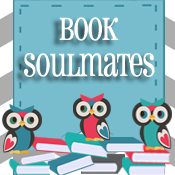


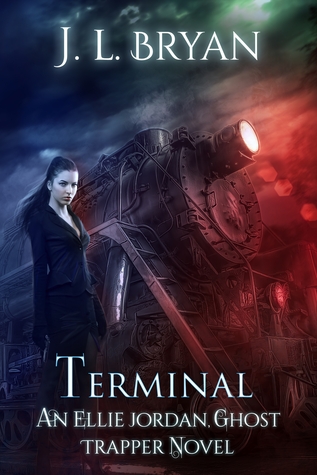







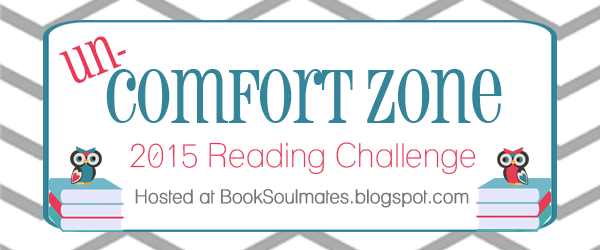
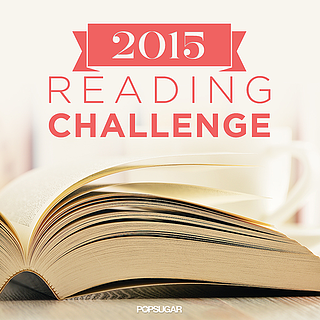



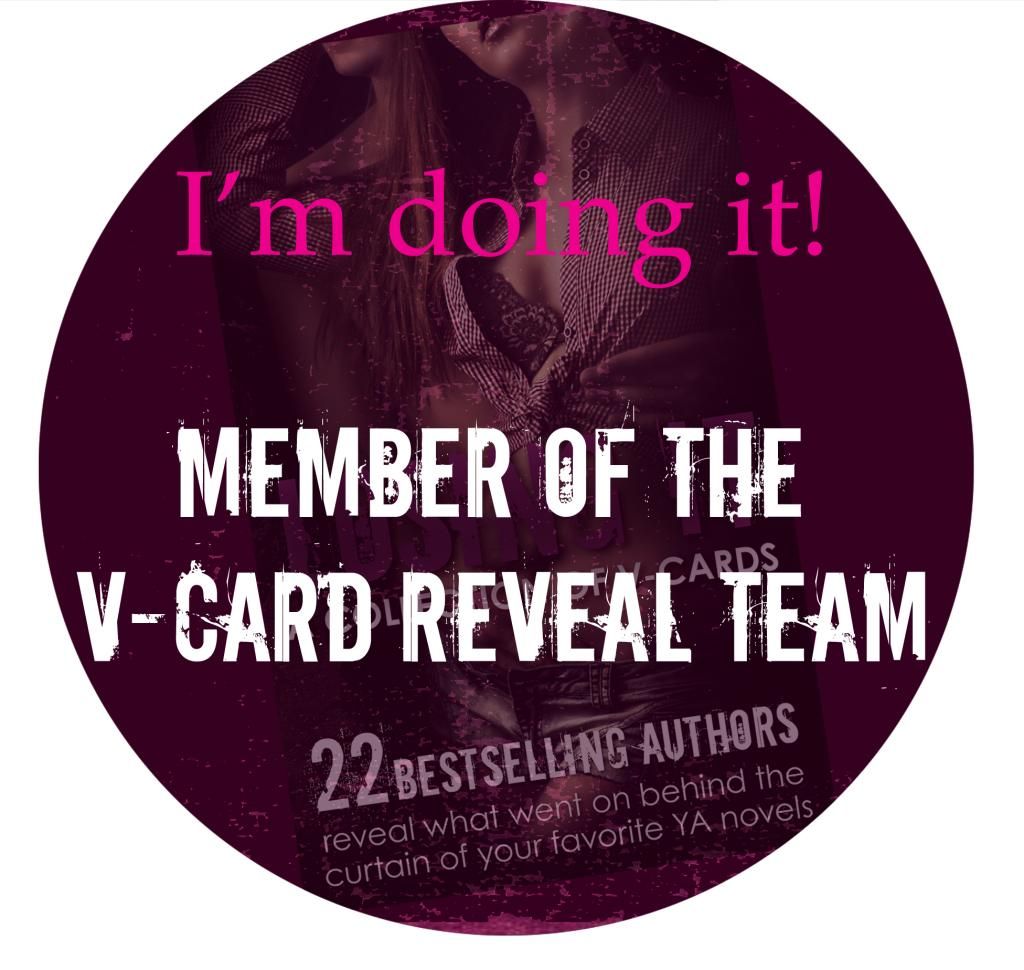

I'd say that's a good description of the genres. It's always kind of a bummer when you're looking for a book in a store and you know what it's classified as but can't find it. One would think that working in a bookstore, you'd do your research.
ReplyDeleteThat seems about right to me! I think the difference in Post-Apocalyptic and Dystopian is mainly *how* the society got to be the way it is - if there was a nuclear explosion that created the dystopian society or some kind of plague like in Immortal Rules, then that's post-apocalyptic. If not, or if it's not explained, then it's plain dystopian (kind of like a squares and rectangles thing). I'd also say that if the apocalyptic event is far enough in the past for the society it could be classed as plain dystopian, depending on how influential that event is on the "current" society.
ReplyDeleteThis is always a difficult topic, but I think it's cool the way you handled it. My biggest problem is where to draw the line between high/epic fantasy and... well everything else lol. Paranormals are all well and good, but where does it cross the line into high fantasy etc.?
I think Julie Kagawa once described the difference between Post-Apoc and Dystopian in a way that made sense. She did it to explain how The Immortal Rules was Post-Apoc and not Dystopian.
ReplyDeleteShe basically said that a Dystopian is what rises after the Post-Apocalyptic events/world.
Take The Hunger Games, for example. The world in its state is Post-Apocalyptic, but what makes it a Dystopian is the effed up government that rose from that devastation.
So if your book takes place in world that has yet to develop such government, chances are you're reading a Post-Apocalyptic book. :)
And I would probably put The Scorpio Races under Fantasy in my personal library. ;)
Our local library has J.R. Wards BDB under YA. It would be nice to have the genes classified right.
ReplyDeleteWohooo thanks for this post because serioualy? I often have no clue about genres.. Also, Urban Fantasy and Adult Paranormal - where is the differenece??? Don't get!
ReplyDeleteAnd uhm, nope Fever is not a Romance... the romance part come soo much later!
LOL! I am glad I could inspire you!!
ReplyDeleteI am still thinking about this even after our discussion!
Thank you. I saved this page so I could refer to it when I get confused! ha!
xoxoxox
Holy shit @ Rain Maiden's comment! I'd like to see the mothers of the teen girls who bring those books home to read! Poor librarians...
ReplyDeleteI pretty much agree with you on most of the genre categorizations. UF/PNR always gets people confused, but it's pretty straight forward, methinks.
Dystopian and Post-Apocalyptic are difficult. In my opinion, As the World Dies series (Rhiannon Frater) is post-apocalyptic because the apocalypse is occurring during the story. The same goes for the Dark Age Dawning series (Ellen Connor). However, Dark Age Dawning is also romantic in nature with an HEA, the characters are just in the post-ap setting. In my opinion, post-ap is when you are in the thick of it all, trying to survive zombies, viruses, world wars, etc. Whether that is right or not, it works for me.
If you think about it, dystopia is the opposite of utopia, so settings where society has gone to shit (more so than it already has) are dystopia - EVEN if they look like a utopia on the outside. A lot of the YA dystopias do a really good job of looking nice and pretty, but then the protagonist wakes the fuck up and BAM! Dystopia! Think evil, corrupt governments who try and pick up the pieces after a disaster or something (not necessarily an apocalypse) by enforcing ludicrous laws. Think CONTROL. Matched (Ally Condie), Divergent (Veronica Roth), Article 5 (Kristen Simmons), Delirium (Lauren Oliver) all fall into the Dystopian category, in my opinion. Also, The Edict (Max Simon Erlch) – an old ass dystopia that is hella good, falls into this category. You have all your classics too – Brave New World, Fahrenheit 451, 1984…
Of course, you have books that are BOTH. The Hunger Games (Suzanne Collins) is a perfect example. It is explained in the book that this dystopian world was created due to catastrophic events. Sometimes you don’t get an explanation at all about why society is the way it is, but when they do explain it, it falls into both categories, for me.
Er, I’m done now. :D
I do like your assessment. Post Apocap. vs. Dystopian is a great discussion. I agree w/what a lot of people are saying, that Dystopian rises from Post Apoc. OR I think it is just a different path that society may take. I'm kind of glad about the KMM series as not being romance b/c I bought the whole series when Borders was going out of business...
ReplyDeleteUF and Paranormal...yeah maybe they are equivalent now that I'm thinking about it. At first I was thinking they were not...maybe I associate UF with more of a fantasy element than a spooky paranormal element.
And Horror? I think there are some trends where zombies are becoming more character driven than monster driven (Dearly, Departed & My Life as a White Trash Zombie) complete w/romantic elements.
Dude! I was "classifying" all the books on my kindle a couple of weeks ago and ended up with like 45 different folders!!! Its just ridicululous!!! The amount of genres the mind can come up with - then the SUB-genres to compliment them is baffling!!
ReplyDeleteI love your descriptions of the different classifications! I was thinking about this recently when I was trying to shelve a book on Goodreads and I couldn't decide what genre it ultimately fit into.
ReplyDeleteAs far as Dystopian vs Post-Apocalyptic go - I've always considered Dystopian to be more about a corrupt system of government (or rules) whereas post-apoc is after something physically cataclysmic happens. Most books blur the line between the two but you can definitely have one without the other.
Randomly, I can think of times where you have straight Post-Apocalyptic books (zombie books where there is NO government whatsoever) but I can't think of any that I'd consider Dystopian without the backdrop of a post-apocalyptic setting. Interesting.
Cool! I can't wait until someone finally tells me what genre Jenny Pox is.
ReplyDeleteI love this discussion. I think the biggest point here is that sometimes the genres overlap. You could have a dystopian society that is the result of a post apocalyptic event. In some cases I think you categorize it by what you feel made a stronger impression. If you feel the story is more about the breakdown of society then you might think it is dystopian, but if the events center more around a disaster/apocalypse you might consider it post apocalyptic.
ReplyDeleteGreat list. I think most of your descriptions are spot on. My one comment about dystopia vs post apocalyptic is that traditionally dystopian novels are supposed to comment on our current society. Like 1984, the Handmaids Tale etc. but I've seen a lot of YA dystopia lately that takes place in a dystopian setting but doesn't seem to be commenting on anything. (not all YA dystopia, just a few) and I don't really like that. I find it's not staying true to the genre. That being said I dont really know how else to catergorize it.
ReplyDeleteI agree with most of these except I don't think "urban fantasy" means adult characters.
ReplyDeleteIt's a sub-genre of fantasy set in an urban place in contemporary setting and times instead of a fantastical one. So you can have Urban Fantasy in YA as well as adult and they do contain supernatural elements like paranormal does, which is why it's always hard (and most times overlaps) to separate paranormal and urban fantasy.
I haven't read the first dystopian, post-apocalyptic one you mentioned.
Hunger Games and Divergent are Dystopian to me.
Post-apocalyptic to me is Ashfall by Mike Mullin.
There is not a new government set up, ect.
Dysopian books are quite easy to place, the characters and the world are ruled by a bad ass government/capitol and they pretty much decide your fate. Dystopian books can often be started with an Apocalyptic event, that makes the world turn dystopian which would place that said book in the dystopian catagory.
ReplyDeleteShannon at Giraffe Days wrote this amazing Dystopian blog post.
http://www.giraffedays.com/?p=7607
I am always taking books to the librarian and telling them where they should be lol!
Great explanation! I'm a new book blogger so I'm finding it very hard to classify them, so I just don't. I classified the series I'm having a giveaway for right now and thanks to your list I seemed to have gotten it right (YAY)! But yeah, I work at a book store and see stuff all the time out of place, but unfortunately we're required to keep it where the company wants us to. Sometimes I move it anyway though... Don't tell my boss. :)
ReplyDeleteI think you did a pretty good job with classifying these. I have just started tagging some of my reviews with genres, but only if I am 100% certain what they really are, like contemporary. You pretty much can't mistake a contemporary for anything else lol.
ReplyDeleteLove this post! I saw another one yesterday by Kat @ The Aussie Zombie, where she discusses the difference between Post-Apocalyptic novels and Dystopians. Her post plus yours inspired me to write my own post about how I define genres and sub-genres. Here's my post if you'd like to check it out: Discussion: Genre Definitions. Thanks for the inspiration, and great post! ;)
ReplyDeleteParanormal and romance is such a tough muddy area. Great break downs.
ReplyDeleteThis was very helpful. I just had a 'discussion' about Hunger Games being Science Fiction and I said, 'no - it's dystopia', but that only confused my friend more.
ReplyDeleteThis is such a great breakdown. It's actually inspired me to create a page based on how I classify genres to help me out with those tricky cross-genre books.
ReplyDeleteMy genre page is here if you'd like a look :)
I think Post-Apocalyptic takes place after the apocalypse, but before a Dystopia has a chance to develop. So, for example, The Hunger Games and, say, Matched are Dystopians. But Life as We Knew It (Susan Beth Pfeffer) and Ashes, Ashes (Jo Treggiari) are Post-Apocalyptic. In the former, the apocalypse happens during the book. The events of the latter take place soon after.
ReplyDeleteI think The Fever Series got placed with the PNR because the rest of KMM's books are DEFINITELY romances. And, since that was the case, you knew that Mac and Barrons would have an HEA. So, in a way, the books were spoiled by their shelving!